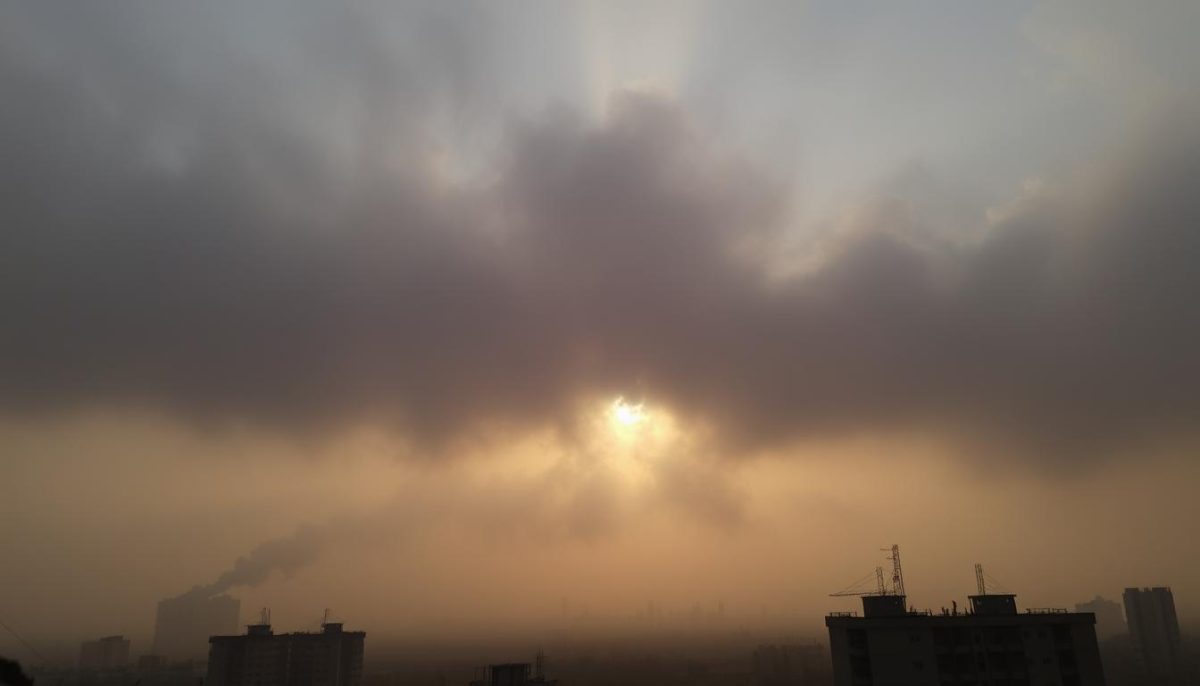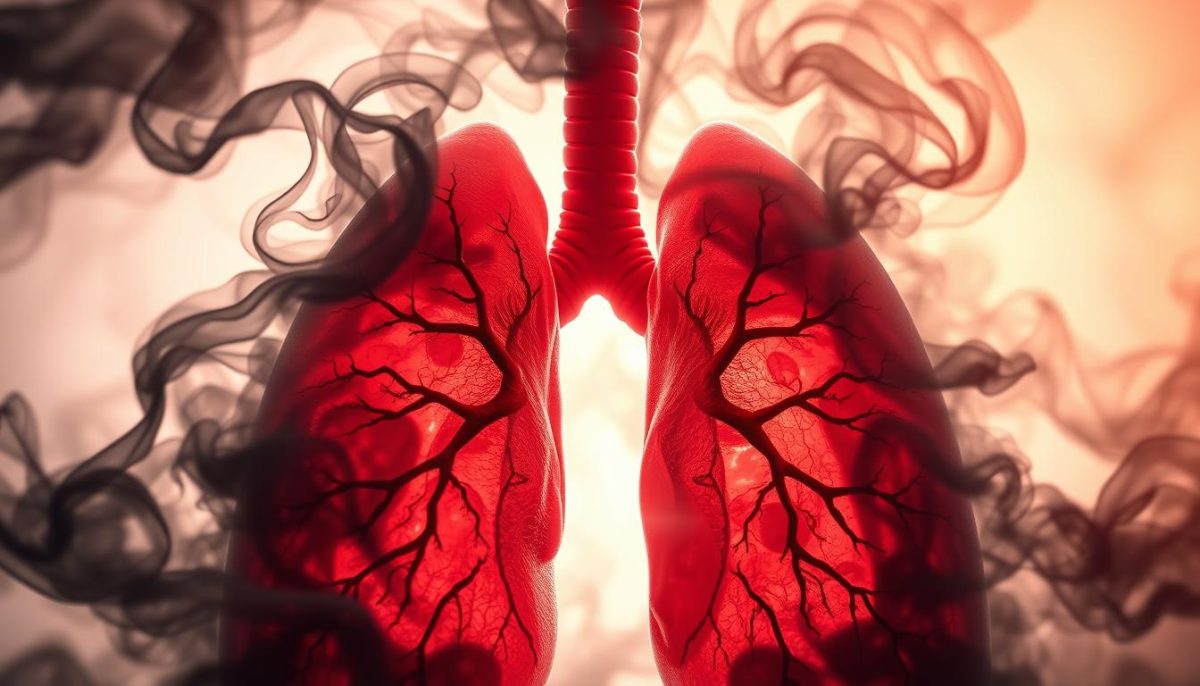Have you ever experienced that unsettling moment when you cough up black phlegm or dark sputum? While it can be alarming, coughing up black mucus is a common symptom that can have various underlying causes. In this article, we’ll delve into the potential reasons behind this respiratory issue and provide insights on when it’s necessary to seek medical attention.
Black mucus, also known as black sputum or dark phlegm, can be the result of environmental factors, underlying medical conditions, or even certain lifestyle habits. Understanding the root causes of this symptom is crucial for maintaining your lung health and addressing any potential respiratory issues. Throughout this comprehensive guide, we’ll explore the common causes of black phlegm, the associated health risks, and the treatment options available to help you breathe easier.
Understanding Black Mucus and Its Common Causes
Coughing up black mucus can be an alarming and unsettling experience, but it’s essential to understand the underlying causes behind this discoloration. In this section, we’ll delve into the environmental factors, medical conditions, and lifestyle habits that can contribute to the production of dark-colored phlegm.
Environmental Factors Leading to Black Phlegm
One of the primary culprits behind black mucus is exposure to air pollution and environmental contaminants. Inhaling particles from sources like air pollution, coal dust, or occupational hazards such as mining or construction can lead to the accumulation of these substances in the respiratory system, resulting in the production of dark-colored sputum.
Medical Conditions Associated with Dark Sputum
Certain underlying medical conditions can also cause the appearance of black or gray mucus. Conditions like pneumoconiosis, a group of lung diseases caused by the inhalation of mineral dusts, can lead to the development of black phlegm. Additionally, chronic bronchitis, a persistent inflammation of the airways, can also contribute to the production of darker-colored mucus.
Lifestyle Habits That Cause Black Mucus
- Cigarette smoking is a significant contributor to the production of black or dark-colored phlegm. The tar and chemicals in cigarette smoke can accumulate in the lungs, leading to the discoloration of mucus.
- Exposure to other airborne particulates, such as those from wood smoke or cooking oil fumes, can also result in the appearance of black or dark-colored sputum.
Recognizing the various factors that can lead to black mucus production is the first step in understanding this condition and seeking appropriate medical attention if necessary.

Coughing Up Black Mucus: Health Risks and Warning Signs
When it comes to coughing up black mucus, it’s crucial to understand the potential health risks and recognize the warning signs that require immediate medical attention. Persistent black phlegm can be a symptom of serious respiratory conditions, and ignoring it can lead to further complications.
One of the primary concerns with coughing up black mucus is the potential for lung damage. Black sputum can be a sign of respiratory infections, such as pneumonia, or chronic conditions like chronic obstructive pulmonary disease (COPD). These conditions can cause inflammation and scarring in the lungs, leading to reduced lung function and a higher risk of respiratory failure.
- Respiratory infections like pneumonia can cause black mucus production and should be evaluated by a healthcare provider.
- Chronic obstructive pulmonary disease (COPD) is a progressive lung condition that can lead to the coughing up of black or dark-colored phlegm.
- Exposure to air pollution, smoking, or other environmental factors can also contribute to the development of black sputum and long-term lung damage.
If you’re coughing up black mucus, it’s important to pay attention to other warning signs, such as:
- Persistent or worsening cough
- Shortness of breath or difficulty breathing
- Chest pain or discomfort
- Unexplained weight loss or fatigue
These symptoms may indicate a more serious underlying condition that requires prompt medical evaluation and treatment. Don’t hesitate to consult your healthcare provider if you’re experiencing any of these warning signs, as early intervention can help prevent further lung damage and respiratory complications.

“Coughing up black mucus is a concerning symptom that should not be ignored. It’s essential to seek medical attention to identify the underlying cause and receive appropriate treatment.”
Treatment Options and Prevention Methods
Addressing black mucus requires a multifaceted approach, including respiratory therapy, lifestyle changes, and in some cases, medical interventions. Respiratory therapists can provide guidance on techniques such as airway clearance and nebulizer treatments to help expel the thick, dark phlegm. Making lifestyle adjustments, such as quitting smoking, using air purifiers, and maintaining proper hydration, can also be effective in reducing the production of black mucus.
For individuals dealing with underlying medical conditions that contribute to black phlegm, working closely with healthcare professionals is crucial. Treatments may involve addressing the root cause, whether it’s COPD, lung cancer, or another respiratory ailment. In some cases, medication or even surgical interventions may be necessary to manage the condition and alleviate the troubling symptoms.
Preventive measures, such as avoiding exposure to air pollutants, maintaining good indoor air quality, and adopting healthy lifestyle habits, can go a long way in keeping the respiratory system functioning optimally and minimizing the likelihood of experiencing black mucus in the first place. By taking proactive steps and collaborating with medical experts, individuals can take control of their respiratory health and address this concerning symptom effectively.









